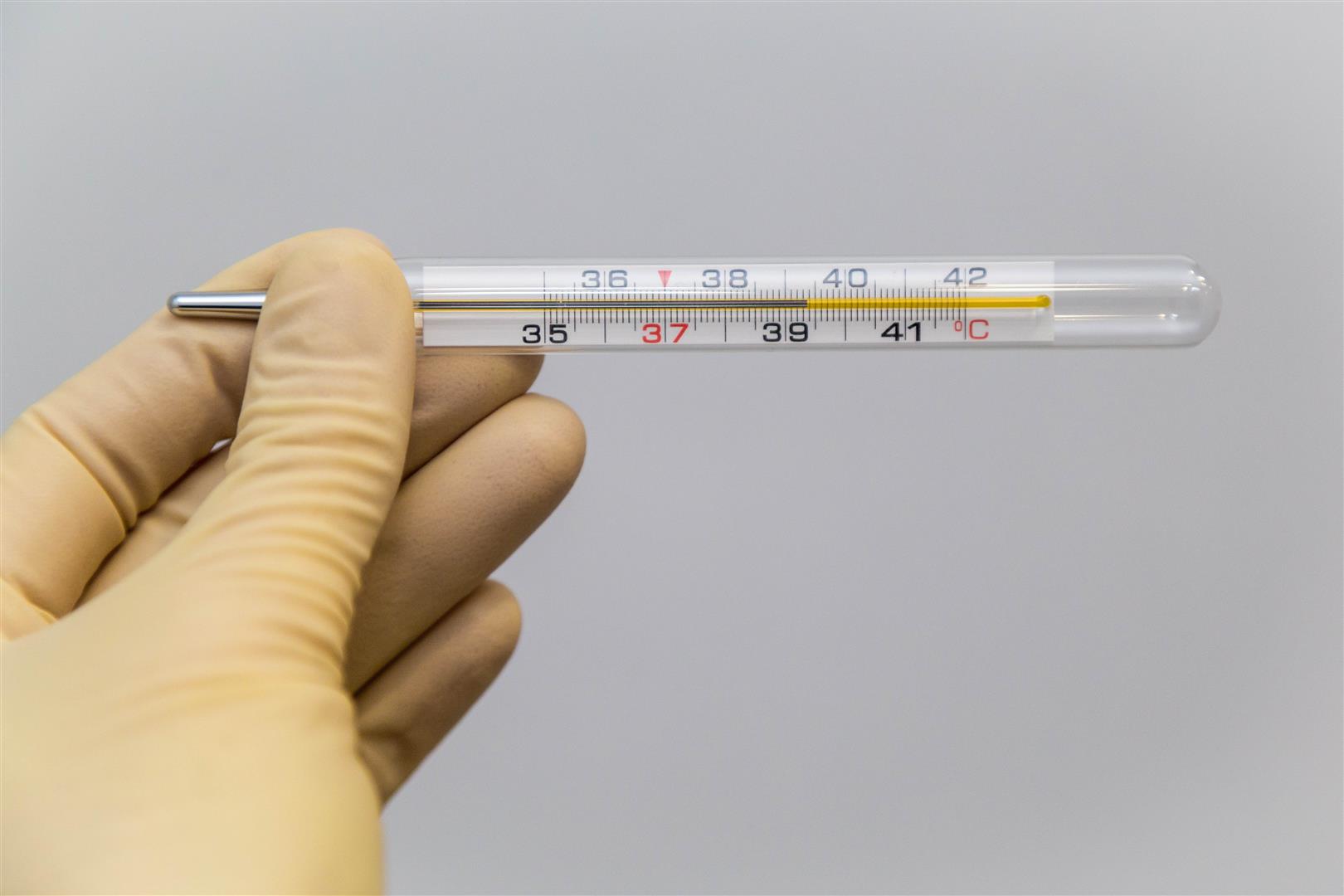
Mercury is used in a variety of products, such as thermometers, barometers, mercury vapor lamps, fluorescent lamps, glass coatings, dental fillings, batteries, and cosmetics. Even if it is a component of the product, mercury is toxic and may cause Minamata disease, which destroys the brain and nervous system. Initially, the condition includes numbness in the hands and feet, spreading to the arms, legs, and lips. Later, the pupils become narrower, with increased irritation, slow and incoherent speech, poor hearing, and lack of coordination in hands, feet, and other muscles to the point of being unable to help oneself.
Because of the dangers from mercury, the United Nations (UN) brought the Minamata Convention on Mercury into force in 2013, and around 140 countries around the world have signed it. Thailand was the 66th country that has enforced the regulations on mercury since 2017, when it signed the Convention.
The Minamata Convention on Mercury contains provisions relating to the identification of mercury stockpiles, concentrated mercury supply sources, prohibition of mercury trade (except for purposes permitted by the Convention), and provisions to phase out production, import, and export of products containing mercury under Appendix A in past 2020.
Products include batteries, electrical switches, fluorescent lamps, high-pressure mercury vapor lamps, cosmetics, skin whitening soaps and creams, pesticides and pesticides, insecticides, disinfectants, and non-electronic measuring instruments; amalgam used in dentistry must also be phased out (some countries have started to implement this requirement).
As for countries that are not ready to implement the Convention, they have the right to register to waive the phase-out requirement with a five-year extension, up to two times, but after 2030, the production, import, and export of mercury-containing products under the Convention will not be permitted.
Even before signing the Minamata Convention on Mercury, Thailand had classified mercury as a hazardous substance. Mercury and mercury compounds are controlled Hazardous Substances Class 3 (production, import, export, and possession require a license) and Hazardous Substances Class 4 (prohibited production, prohibited importation, prohibited exportation, prohibited possession), under the Announcement of the Ministry of Industry on the List of Hazardous Substances B.E. 2538. It also determines the criteria for ventilation from the factory and drainage of wastewater into soil and groundwater sources. The Ministry of Public Health also sets standards for mercury contamination in food, and it is a banned substance in cosmetics.
Source:Department of Health : Ministry of Public Health
Tel:+66-2590-4000